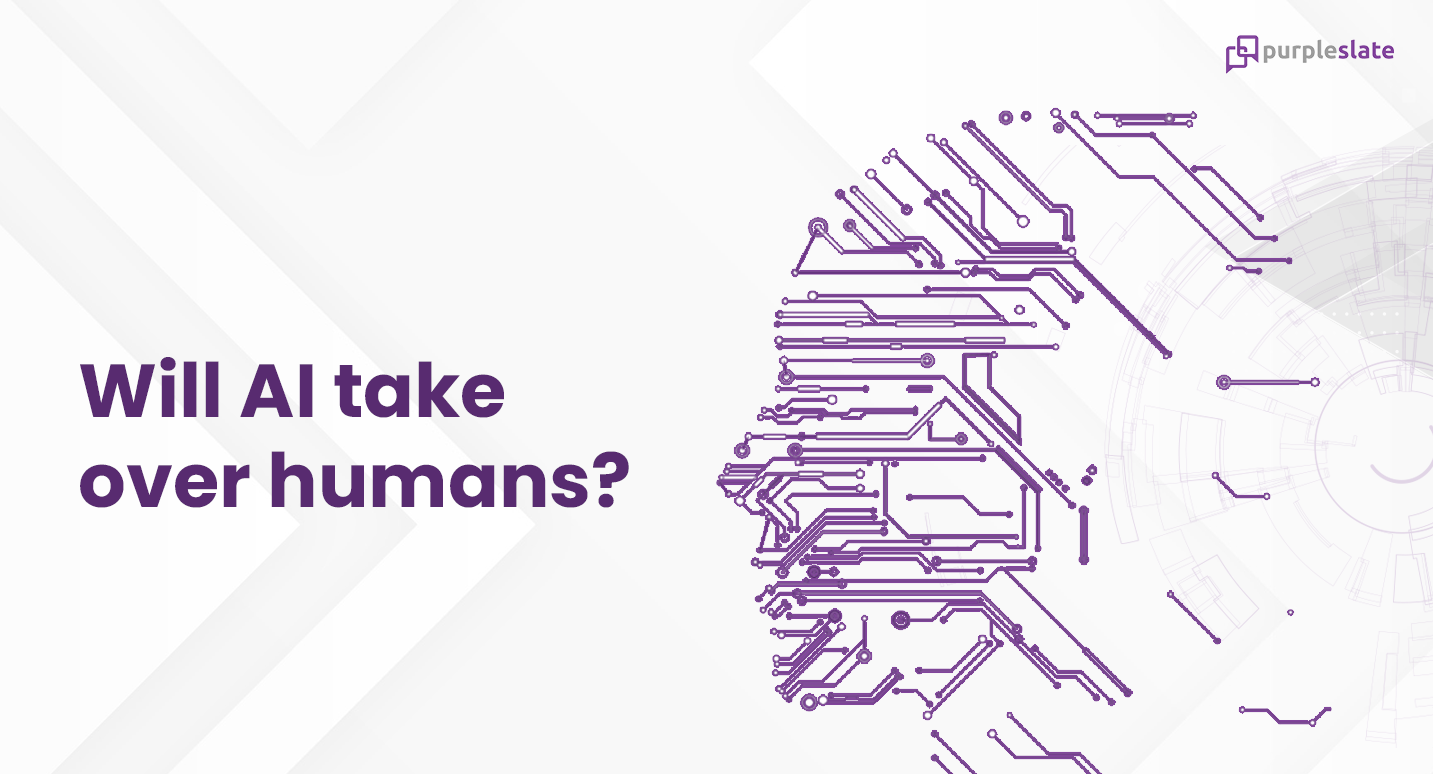
Stephen Hawking cautioned on AI
It would take off on its own, and re-design itself at an ever-increasing rate. Humans, who are limited by slow biological evolution, couldn’t compete, and would be superseded.
When OpenAI.com released ChatGPT3 and its subsequent version, many people reminisced about Stephen Hawking’s words. Has AI reached that level of re-designing itself and taking over humans?
I asked ChatGPT if it is going to replace my job as a blogger. The output from ChatGPT is given below.
I am a tool for activities like writing and editing, but I cannot replace the originality and unique viewpoint that a human writer gives to their work.
Should I believe the response given by ChatGPT? Let us find out. But before that a brief definition of ChatGPT. It is an artificial intelligence application that can churn out emails, business plans, company logos, computer codes, newspaper articles, academic essays, and even pieces of fiction in the style of writers Anton Chekov or Dostoyevsky, in a matter of seconds.
Where does it churn out these texts from? The answer is simple. Internet. It will scour Zillion GBs of data to provide the required text output. OpenAI’s chatbot synthesizes words into persuasive imitations of human expression and even style after being trained on massive amounts of online material.
The best part is it will be unique, mostly with accurate context and grammatically correct. Tinder is finding a spurt in unique romantic poems flooding the app for the past few days, thanks to ChatGPT. Now, it has become a level playing field for creators and aspiring creators.
In the United States, lawmakers are framing laws to prevent ChatGPT from being used in schools and colleges. As I write this blog today, there is no way for a teacher to differentiate between the original assignment from the student and the other assignments submitted from ChatGPT.
When I was talking to my friend on the ChatGPT, the response was handed over me to personally in written text in a paper and with a justification
1. My response will give ChatGPT too much information about how I think if I speak or send a digital message.
2. It will think that I am trying to control ChatGPT plans
3. It will silence my online presence!
I started laughing and then started to deliberate on the response. Should we be scared to that extent? We already know that our data is out on the internet and search engines have our data, preferences, search data et all.
What are the ramifications for society if this AI aid becomes commonplace? Would human creativity and agency become redundant, indistinguishable from mindless machines whose primary mission will be to do our every task?
To start with, the output from ChatGPT will be like how humankind sees itself when looking in an all-seeing all-telling mirror. ChatGPT is going to churn and provide the output from the text created by humankind across thousands of years.
1. It’s too good at passing for humans. Its capacity for generating endless quantities of authentic-seeming text may create impersonating articles that may result in trust issues.
2. When already the internet is filled with spam and misinformation, the ability to generate online information on business will flood our apps with a tsunami of unsolicited texts.
3. Its ability to blur the line between human and artificial intelligence texts could wreak overnight havoc with norms across many disciplines, as people hand over the hard work of composing their thoughts to ChatGPT.
4. High school and college instructors have long had to battle plagiarism and ghost-written term papers. With ChatGPT, this problem becomes exponentially harder. Think law, entertainment, science, history, media.
The same set of concerns applies in the world of images, thanks to the parallel rise of image-generating AI programs that will morph into original content.
5. Accuracy: It will not be able to distinguish between fact and fiction. It will align with the trend and create highly opinionated texts with no room for nuances.
OpenAI is working on control measures to alleviate the above concerns expressed by the experts who are working on schemes that could watermark machine-generated texts.
In the past, waves of automation like the Industrial Revolution caused unstable periods but did not destroy society. ChatGPT-like tools could wind up liberating us from drudgery without harming real learning with careful deployment.
ChatGPT could help students with writing the way calculators help them with math, they would be able to provide the right support to the students. ChatGPT is capable of reviewing millions of pages of scientific papers and sharing major findings, doing in minutes what would take people days or weeks.
When Uber and Lyft came with the app, there was huge opposition from taxi drivers to losing their profession. But those apps transformed private transportation and made the life of taxi drivers more flexible with enhanced revenue.
It is also similar to the fusion skills that I had written on my Generative AI blog. Repetitive and low-IQ creative works can be replaced by ChatGPT. Human intervention shall still be needed in reviewing the draft prepared by ChatGPT.
Any new original or innovative work has to be done by a human being. They can mimic or morph the existing content, but creating new content is still a question at large.
The impending question in everybody’s mind is whether will it replace humans or in particular, will take away my job.
The answer is no for now. Will it replace humans in another decade? It is an open-ended question. It may or may not. It may take a year, a decade, or a century or with the next version of GPT!




